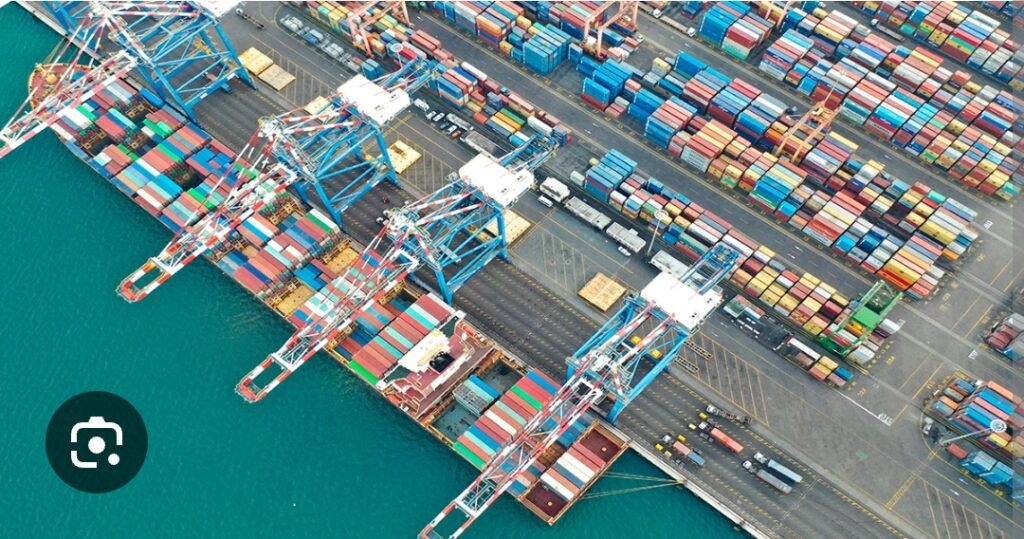Djibouti ports have long been recognized for their significant standing as both regional and global ports, playing a crucial role in facilitating international trade. The World Bank has acknowledged this reputation in its notes before arrival to Djibouti and after its meeting with the government ministers and port authority. However, the alledged sudden drop in rank of Djibouti ports has raised concerns, with external factors such as the security situation in the Red Sea and additional time-consuming verification procedures for cargoes to Yemen being cited as the cause of this decline. Knowing that all ports do not share these particular constreint, World Bank did not bother itself to set an objective standard and equitable methodology for its controversial performance index published with S&P.
Djibouti’s strategic location at the crossroads of Africa, the Middle East, and Asia has positioned it as a key player in the global trade network. The management officials, port authority, and highly trained operators at Djibouti ports play a significant role in ensuring the smooth operation of these ports. Despite facing challenges that are unique to the region, Djibouti has managed to maintain resiliently a strong position in the maritime trade landscape.
The World Bank’s methodology for evaluating performance of ports has come under scrutiny, particularly in the case of Djibouti. While the assessment may have identified areas for constreints, questions have been raised about the fairness and equity of the methodology used. By potentially causing commercial prejudices and harming the reputation of certain ports, the World Bank’s approach could harmfully discourage clients and lead to loss of earnings for these ports. This performance index report, for example, has also resulted in negative portrayals and defamatory remarks by news portals such as Addis Fortune and the envious interpretation of some other regional media outlets, further exacerbating the situation.
In analyzing the various perspectives surrounding the issue, it is essential to consider both the positive and negative aspects. While the World Bank’s assessment may highlight the need for improvement, it is crucial to ensure that the methodology used is fair and does not penalize certain ports. Future developments in the field of port performance evaluation should aim to find a balanced and equitable way to compare port performances, taking into account their unique challenges and circumstances such as external factors that are beyond their control.
Moving forward, it is imperative that the World Bank rethinks its logic and adopt a more transparent, suitably adopted and balanced methodology for evaluating ports performances. By comparing ports of like catagory and considering their individual constreints and circumstances, the World Bank can help ensure that ports are not unfairly disadvantaged and can continue to thrive in the global maritime trade landscape.
In conclusion, the Djibouti ports have played a vital role in the global trade network, and their significance cannot be understated. While facing challenges such as the security situation in the region and time-consuming verification procedures, Djibouti has managed to maintain its strong standing. However, the methodology used by the World Bank for evaluating ports needs to be re-evaluated to ensure fairness and equity. By considering the unique challenges and circumstances of each port, the World Bank can help foster a more transparent, realistic and balanced approach to port classification management in terms of performance
The views and opinions expressed are soley the responsibility of hoaeditor and do not necessarily reflect the views of Djibouti ports
